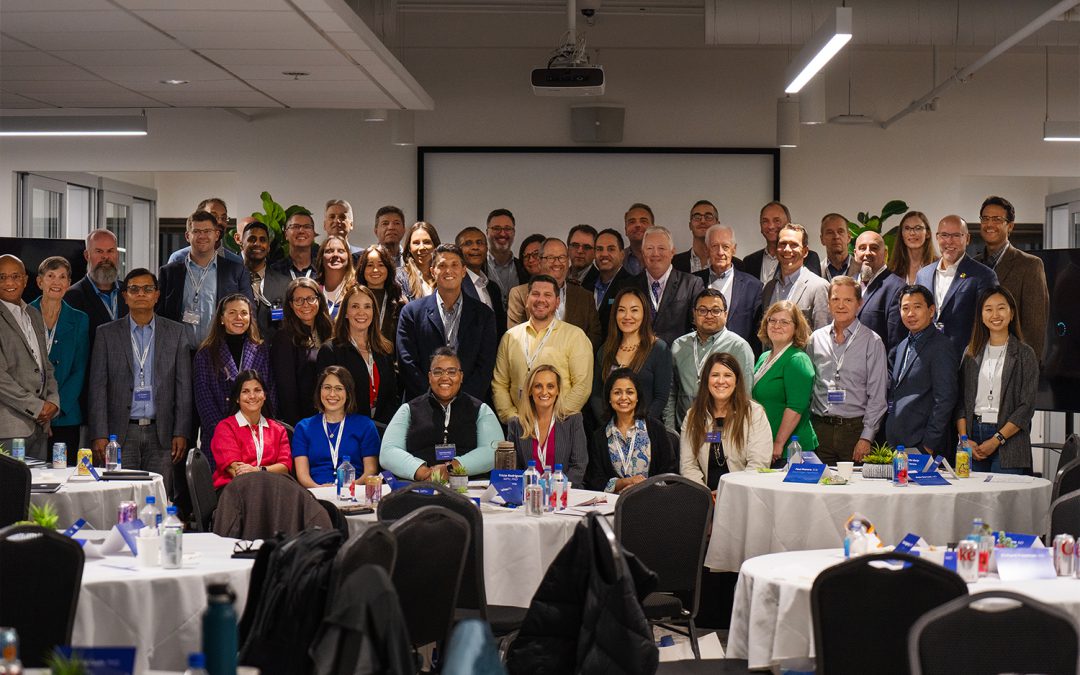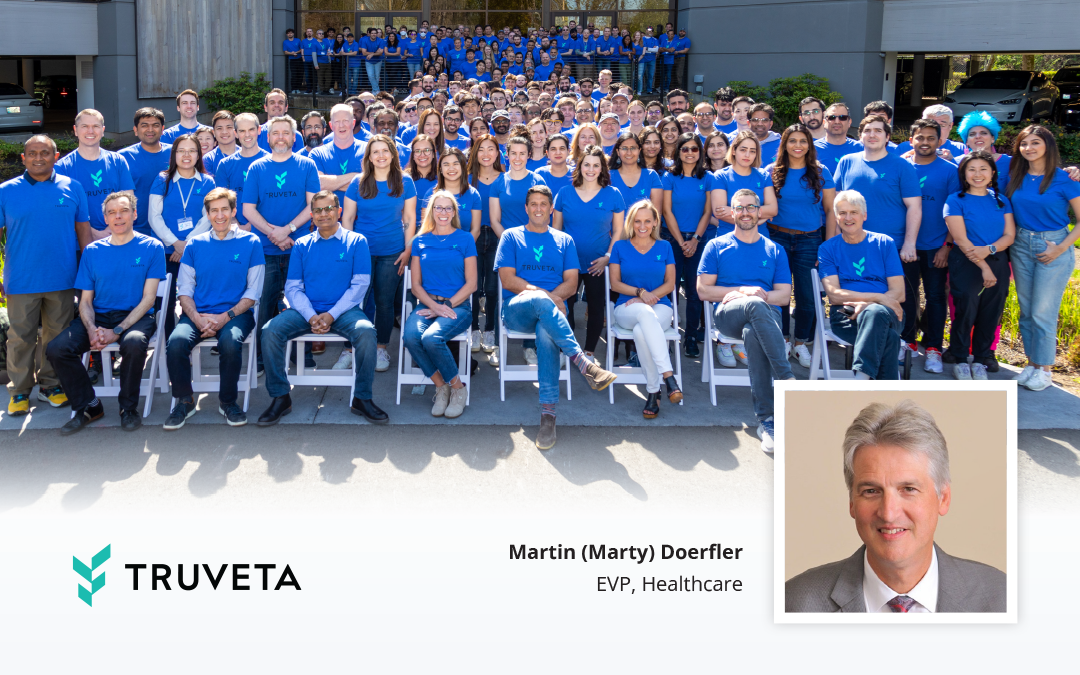At Truveta, we love chatting to our employees about their work, goals, and interests. Next in our series highlighting our MDs, we spoke to Raj Brar, a director of clinical informatics at Truveta. He joined the team in August 2022.
How did you get into medicine?
I wanted to be a doctor since I was a kid. Multiple family members were physicians, so it was always expected of me. When I approached college, I had more interest in technology, so I majored in computer science at Hofstra University, and then supported an equity trading desk. Soon after, I pivoted and went to medical school, then completed residency in internal medicine at NYU Winthrop Hospital. As an attending physician, I worked as a per diem physician in several of the New England stages. By the nature of this work, I encountered various EHRs and experienced their shortcomings. Luckily, I found the exciting field of clinical informatics, which combined my interests in medicine and technology. I was fortunate enough to pursue a fellowship in Clinical Informatics at Yale University as well as a master’s degree.
How did you explain your career pivot to your friends and family?
They weren’t super happy about it, but they came around. They’re still confused about what I do. I’ve explained it many times with the ultimate question being: “Are you still a real doctor?” Yes, I still practice two ½ days a week, usually rounding on weekend mornings.
How did you find Truveta?
After my fellowship, I went to work at Northwell Health in their corporate informatics and data science department. My team was tasked with using informatics and data science tools to improve EHR usability, operational efficiency, clinical workflows, quality of care, and ultimately patient outcomes. The data was very messy to say the least, and it was so time-consuming to produce one trustworthy analysis. When I learned about the national dataset Truveta had put together, I immediately recollected all the painful data munging and normalization our team had to do for analyses. That’s what drew me in, the potential of the dataset and the product to improve individual and population health.
What does Truveta’s vision — saving lives with data — mean to you?
To me, it means empowering effective and timely research that can provide improvements in clinical care and quality of care. I also believe health systems can immensely benefit from using the data transformed by Truveta to improve quality of care.
Have there been any specific patients who have inspired you along the way?
There have been so many. I connected with one patient over lemon juice packets at breakfast. I saw her over several subsequent hospital admissions, and we formed a bond. I still believe the human touch is an essential component of patient care and healing, it is also one of the most rewarding parts of being a physician.

Raj Brar and his family.
How has the pandemic changed the way you work?
During the early pandemic phase in New York, I shifted to full clinical work until the patient volumes started decreasing. I do less clinical work now. I’ve also learned to work remotely, which was very strange to me at the beginning.
What are you looking forward to next at Truveta?
I love working with the super intelligent people at Truveta and I learn from them every day. My previous experience has been mostly in clinical settings. At Truveta, I get to understand the engineering and product/business side of things. I also look forward to working more with our healthcare systems and related products.
What’s the best advice you’ve received in your career so far?
One of my clinical mentors during my internship gave sound advice; he said when you feel overwhelmed by the knowledge, emotional, and work burdens that come with providing good clinical care, always remember that everything you do is in the service of your patients. It is a privilege to help people during some of the most vulnerable times in their lives. That service and privilege-oriented mentality can help keep you grounded.








